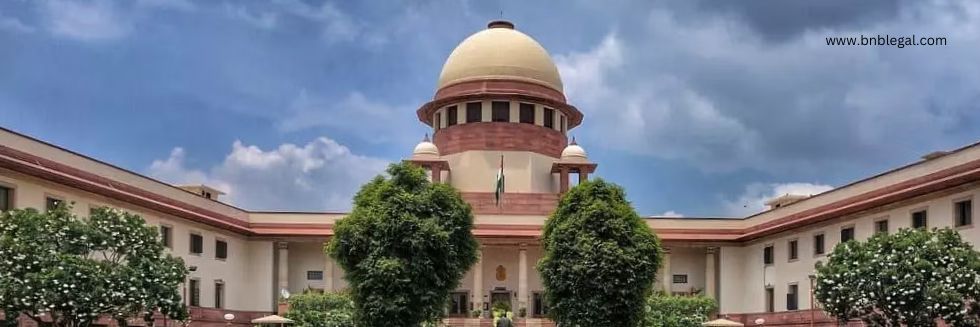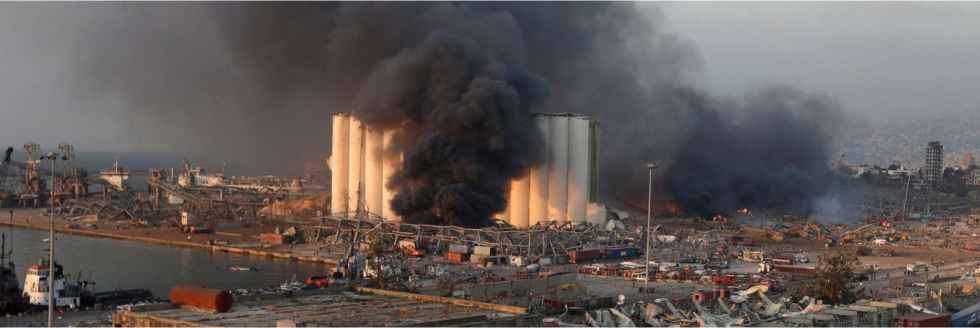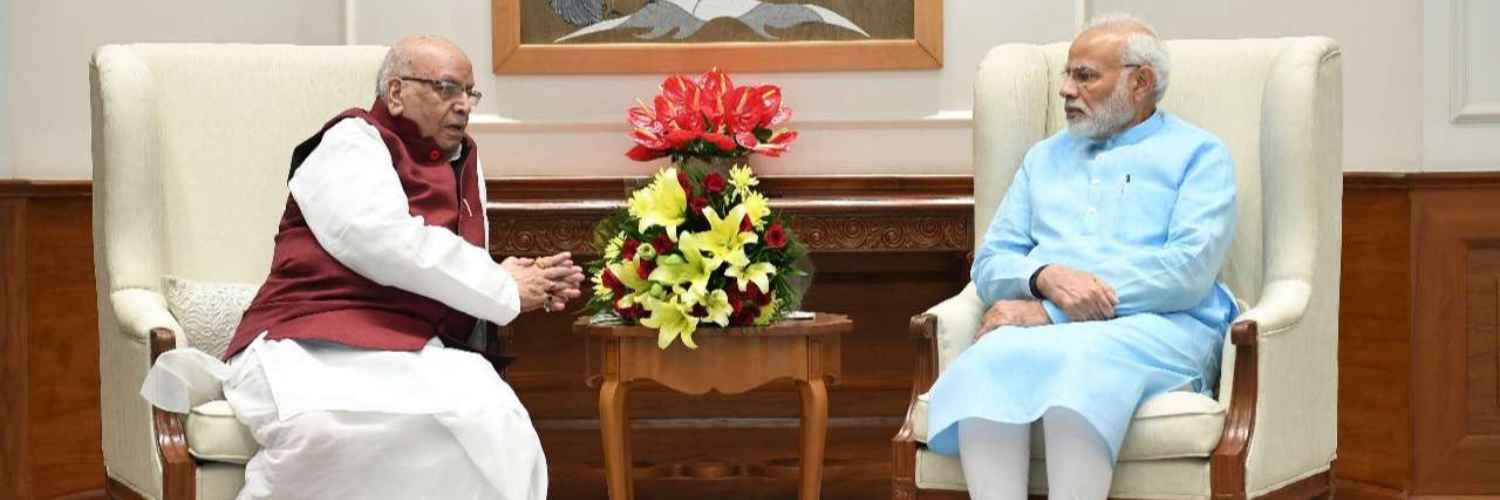In a historic move, the Supreme Court has taken substantial steps toward addressing the acute need for the extension and enhancement of judicial infrastructure in Delhi as well as the construction of judge mansions. The orders stem from the Malik Mazhar Sultan v. UP Public Services Commission case emphasize the crucial need for prompt action in meeting the Delhi High Court’s infrastructure requirements. As these directions take effect, the legal landscape anticipates revolutionary changes in the physical architecture of the Delhi Court establishing a significant precedent for the comprehensive development of judicial facilities in the national capital. In navigating these directives, the Supreme Court paves the way for a robust and contemporary judicial ecosystem in Delhi affirming its commitment to the seamless functioning of the justice delivery system.
CASE DETAILS:
Malik Mazhar Sultan v. UP Public Services Commission
Civil Appeal No(s).1867/2006
Coram: Hon’ble The Chief Justice, Hon’ble Mr. Justice J.B. Pardiwala, Hon’ble Mr. Justice Manoj Misra.
BACKGROUND:
According to the Apex Court’s previous orders, a conference chaired by the Acting Chief Justice of the High Court of Delhi which was attended by the Chief Secretary, GNCTD, Principal Secretary (Law), Principal Secretary (PWD), Secretary (Finance) and other officers of GNCTD and L&DO. Justice Rajiv Shakdher, Judge of the High Court of Delhi and the Registrar General also attended the meeting. The meeting’s objective was to accelerate the necessary certifications and permissions to fulfil the Delhi High Court’s immediate infrastructure needs.
According to the meeting records, developing a residential project consisting of 70 residential units for court officers began in Dwarka in October 2014. However, the construction came to a halt due to structural flaws that jeopardized the structure. There were no other existing projects in Delhi for the construction of residential flats for judicial personnel. The court ordered that a conference be called to facilitate a final decision on how to proceed with this Project.
The Union government’s Land and Development Office (L&DO) was also asked to take steps to ensure that possession of the vacant area available for the Rouse Avenue Project was given over to the High Court of Delhi by December 31, 2023.
DIRECTIONS:
In this case, the Supreme Court issued the following orders:
- An affidavit was directed to be filed on behalf of the GNCTD by 31 January 2024 certifying that tenders for the construction of judicial infrastructure have been floated within the timelines specified in the meeting held on 12 December 2023.
- A review meeting shall be convened on 12 January 2024 under the auspices of the Chief Justice of the High Court of Delhi at which the Chief Secretary, GNCTD shall intimate the steps taken in pursuance of:
- Judicial officers’ residential quarters.
- The district-level personnel recruiting process and
- Provision of temporary additional courtrooms, including outlays for the costs associated with transforming the premises into courtrooms.
The proceedings have been rescheduled until February 5, 2024.






